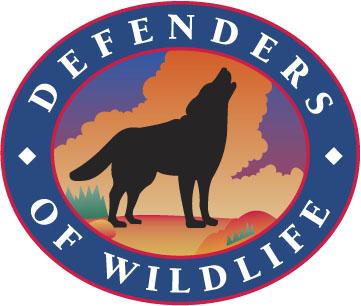USA
Defenders of Wildlife was founded in 1947 to protect and restore threatened species and their habitats in North America. However it also takes a keen interest in the listing of all types of species in CITES’ appendices.
At CoP-18 Defenders of Wildlife supported successful calls to list mako sharks in appendix II. Since then it is has been petitioning the National Marine Fisheries Service to protect the shortfin mako shark under auspices of the Endangered Species Act (ESA). But Defenders of Wildlife’s factsheet about mako sharks fails to mention that there are still in excess of 20 million, up-to four-meter long, mako sharks swimming in the oceans.
Defenders of Wildlife is supposedly neutral when it comes to opposing or supporting trophy hunting. But in 2017, when the U.S. Department of the Interior (DOI) created an International Wildlife Conservation Council to support the sport trophy industry, Defenders of Wildlife condemned the move as ‘myopic’. Instead it argued that the DOI should ‘preserve habitat, protect imperilled species, combat wildlife trafficking and promote non-consumptive ways to enjoy wildlife’. For example photo-tourism.
Grand View Outdoors lists Defenders of Wildlife as one of the top ten anti-hunting organisations in the USA.
Today, Defenders of Wildlife is a leading forces behind the SAVE Right Whales Act, a bill that was drafted to fund research into new technologies designed to avoid entanglement of whales in the lobster industry’s nets and to reduce whale collisions with ships at sea.
Leadership
Jamie Rappaport Clark, President & CEO
Governance
Twelve-strong Board chaired by Judith Posnikoff, founder and managing director of the hedge fund Martlet Asset Management, LLC. Defenders of Wildlife claims to have 425,000 members but none of them – including those in President’s Circle who pay $50,000 – $99,999 to join – are allowed a vote or given a stake in the management of its affairs.
Finances
According to Defenders of Wildlife’s annual report, in 2019 more than 1.8 million of its members and supporters contributed more than USD38 million for wildlife and wildlife habitat. In 2019 its annual revenue was USD38 million, and its expenses were USD37.952 million.



